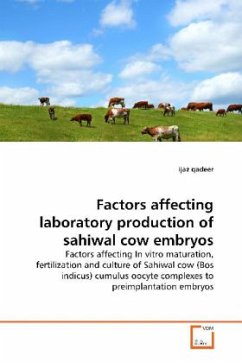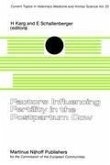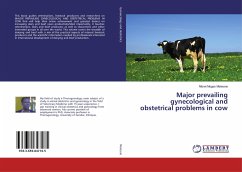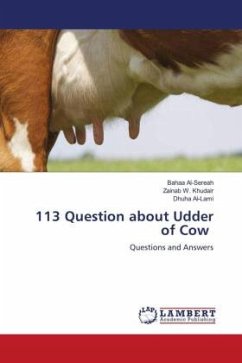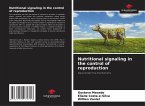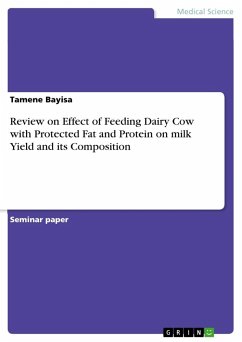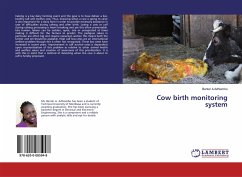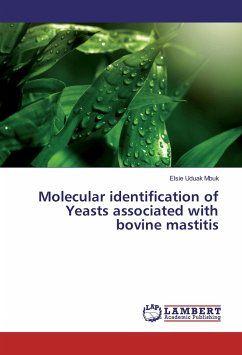In vitro embryo production (IVEP) technology has
emerged as a successful alternative to expensive
conventional way of producing bovine embryos via
superovulation of donors. It offers mass scale
production of embryos from slaughterhouse waste
products the ovaries, or from live selected females
via repeated recovery of primary oocytes.
A lot of research work has been done on in vitro
production of Bos taurus embryos, but there is little
information available regarding Bos indicus breeds
particularly Sahiwal cattle (Pakistan) which is the
heaviest milker of all zebu breeds. It is
tick-resistant, heat-tolerant and noted for its high
resistance to parasites, both internal and external.
This book, therefore, provides the analysis of
factors that directly influence the main components
(in vitro maturation, fertilization & subsequent
development) of this biotechnology and the generated
data may contribute in the development of a
successful IVEP protocol to be used for conservation
and improvement of this important tropical dairy breed.
emerged as a successful alternative to expensive
conventional way of producing bovine embryos via
superovulation of donors. It offers mass scale
production of embryos from slaughterhouse waste
products the ovaries, or from live selected females
via repeated recovery of primary oocytes.
A lot of research work has been done on in vitro
production of Bos taurus embryos, but there is little
information available regarding Bos indicus breeds
particularly Sahiwal cattle (Pakistan) which is the
heaviest milker of all zebu breeds. It is
tick-resistant, heat-tolerant and noted for its high
resistance to parasites, both internal and external.
This book, therefore, provides the analysis of
factors that directly influence the main components
(in vitro maturation, fertilization & subsequent
development) of this biotechnology and the generated
data may contribute in the development of a
successful IVEP protocol to be used for conservation
and improvement of this important tropical dairy breed.
